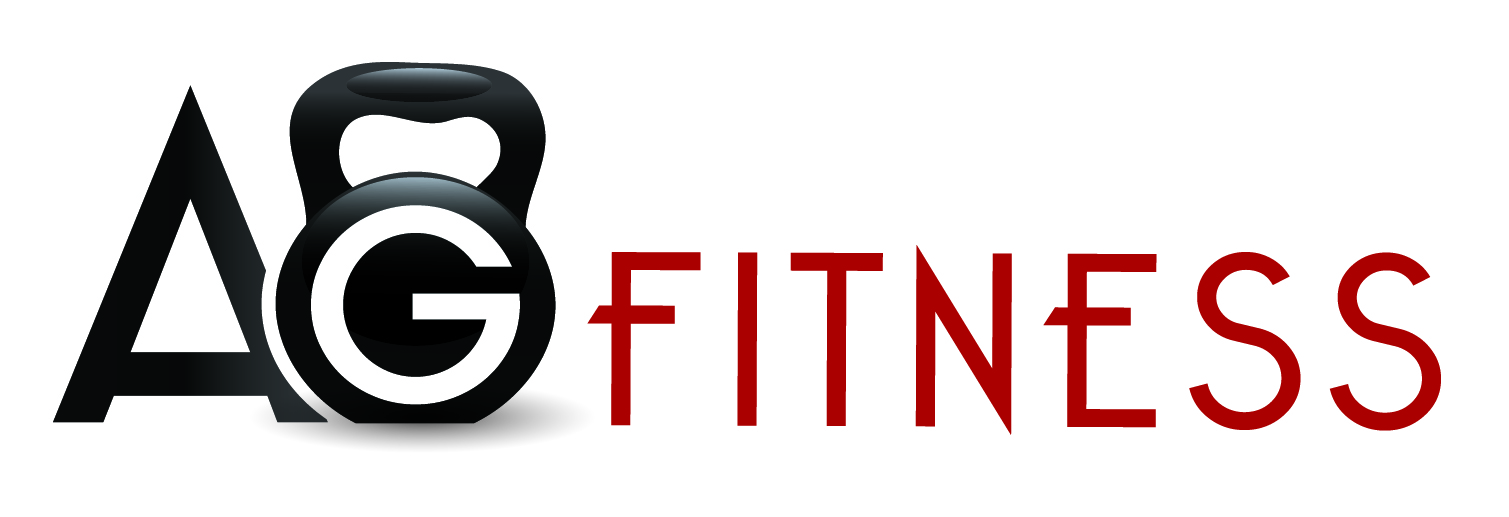Fitness for All Ages
So, I was originally going to write about exercise for the 20’s, 30’s 40’s, etc., but with the increasing rise in childhood obesity, I am going to start from Childhood. Exercise benefits all humans, able bodied, physically challenged, young and old. One of the best things someone can do for themselves is to get into a regular routine from there early years.
Exercise and Children/Teenagers
Even at a young age, regular exercise reduces blood pressure, encourages “good” HDL cholesterol, controls body weight and builds strong bones. Psychologically, exercise increases self-confidence, increases the readiness to learn and helps with healthy sleep patterns. To get these benefits, children should partake in at least one hour of physical activity per day. Unlike adults, children don’t need structured cardiovascular activities and weight training. Kid friendly activity such as jumping rope, playing tag, bike riding and sports are great options for children and teenagers.
20’s
Oh, to be young again, what would I do differently. This is a great time to be building a fitness base. I see many 20 somethings playing sports, especially the guys, but not doing any structured cardiovascular fitness or strength training to improve their sports performance. Strength training twice per week has shown to be the ideal amount of sessions to do for maximum gains. A strength training session should consist of 30 minutes of lifting weights or doing body weight exercises like lunges or push-ups. If using weights, aim for a load that you can do 8-12 reps. Cardiovascular exercise, like walking, running, cycling, etc. should be done at least twice per week for a minimum of 30 minutes.
Just to be sure you 20 somethings got the message, this is a great time for building your fitness base. As we get older, if we are not exercising, we will lose muscle strength and bone mass.
30’s
This may be a great age to diversify and try new things. If you have been sticking to the same routine for your 20’s, try mixing things up a bit, both for interest and to not be taxing the body in the same way all the time. If you haven’t been doing anything specifically for flexibility and balance in your 20’s, this would be a good time to start. Flexibility will help you to retain the range of motion in your joints and balance training will help with fall prevention, which is not yet an issue at this age, but the earlier you start training it, the better,
40’s
This is a time to focus on fighting belly fat and preserving strength. Many people stop lifting weights at this time when just the opposite should be happening. Testosterone will drop in men which will lead to a loss of 5-8 percent of muscle mass per decade. Women will also start losing muscle mass in their 40s. A loss of muscle mass will lower our metabolic rates.
Other things to watch out for in our 40’s is “stress fat” that settles in and around the organs, upping the risk of type II diabetes and heart disease. Lower sex hormones and higher stress hormones like cortisol make life very difficult at this time. Fight back with resistance training but do not forget some cardio. This would also be a good time to add in meditation and/or yoga.
50’s and up
Persevere – Aches and pains may creep up at this time due to past accidents or injuries but the key is to persevere with a fitness routine. If you have run all along, you may be able to keep it up now but lower impact cardiovascular activities such as cycling and walking are good too. Do not give up on the resistance training for all the reasons that I have mentioned before. I have seen the benefits of lifelong weight lifting clearly demonstrated by a friend’s father who is still weight training at 87 years old. He is way sturdier on his feet and stronger than his sedentary peers. My own father, walks like a fiend and it has gotten him through serious illnesses.
Bottomline – whatever or age, the research is there to show that physical activity is beneficial for improving or maintaining your help. If you currently aren’t exercising, whatever your age, it is not too late to start. If you want guidance, contact me at www.andregordonfitness.com.

